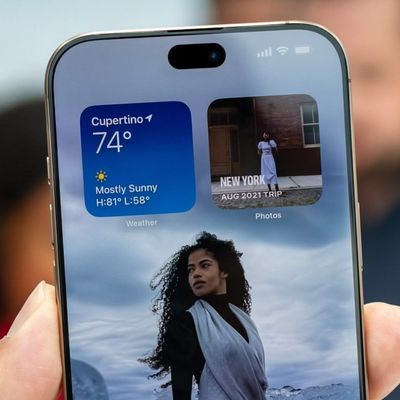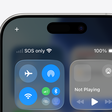The Wireless Gigabit Alliance, an organization dedicated to creating wireless connectivity standards for consumer electronics using the unlicensed 60GHz spectrum, today announced the publication of its new multi-gigabit wireless standard. The Wireless Gigabit Alliance is working in partnership with the Wi-Fi Alliance, the organization responsible for the development and ratification of Wi-Fi standards used to date, to promote the new Wi-Gig specification.
The new Wi-Gig specification provides data transfer rates up to 7 Gbps, far exceeding the maximum 600 Mbps transfer rate of the current 802.11n standard. Such fast transfer rates could easily manage high-definition video and ultimately eliminate the need for wired connections in media applications.
Device connectivity in the 60 GHz band will complement the current family of Wi-Fi technologies. Targeted primarily for applications that require gigabit speeds, 60 GHz products are expected to be used in a wide range of high-performance devices. A significant portion, if not all, of these devices are expected to also support traditional Wi-Fi networking in the 2.4 and 5 GHz bands.
However, the range of the new WiGig spec is notably smaller and may not be sufficient to "blanket a home" according to the Wi-Fi Alliance's marketing director as stated in a Los Angeles Times article. As a result, the organization sees Wi-Gig complementing Wi-Fi rather than replacing it. For example, Wi-Gig could be used to replace HDMI cables to connect between nearby devices.
In partnership with the Wi-Fi Alliance, the Wireless Gigabit Alliance also opened an Adopter Program today to provide consumer electronics companies with royalty-free licenses to create products using the new standard. Products incorporating WiGig could hit the market in the next two years.
Speaking of companies on board to use the WiGig standard, Ali Sadri, the WiGig Alliance's Chairman and President, spoke briefly of Apple to the LA Times:
While Sardi pointed to Apple as an innovator in driving new technology uptake, he wouldn't comment on the company's involvement.
Apple did not provide a comment to the LA Times.




















